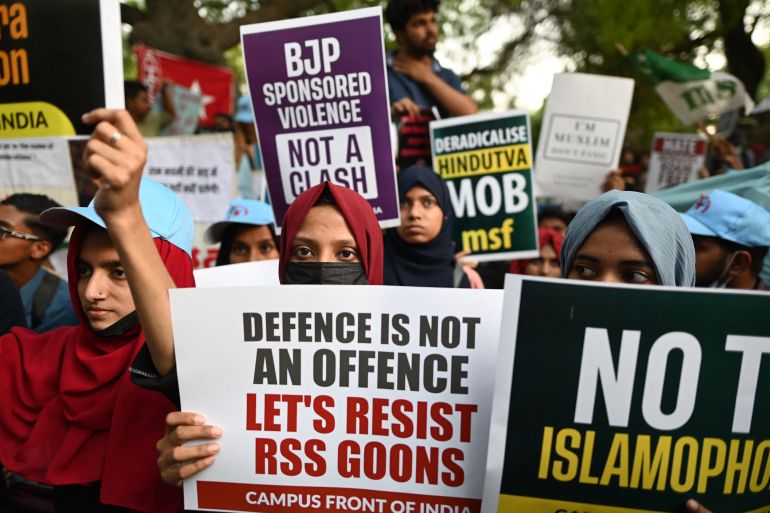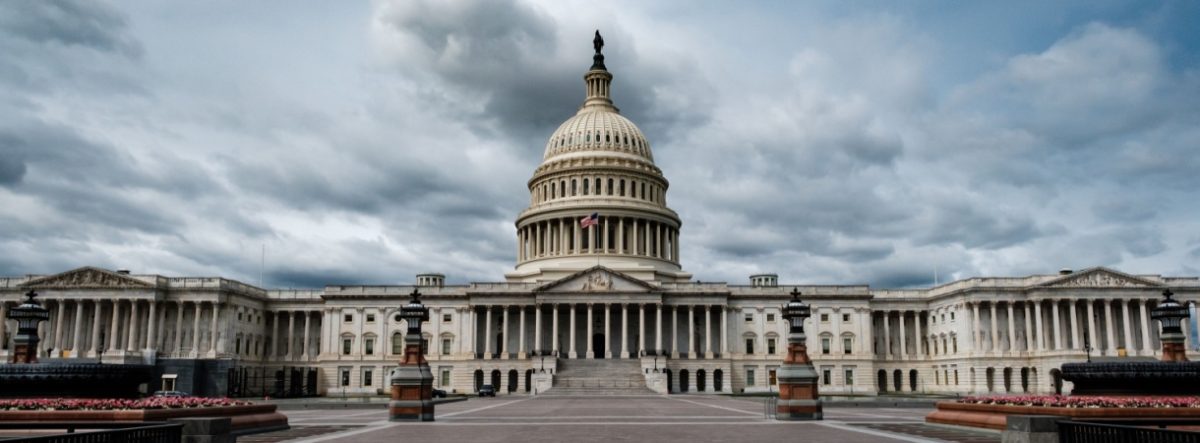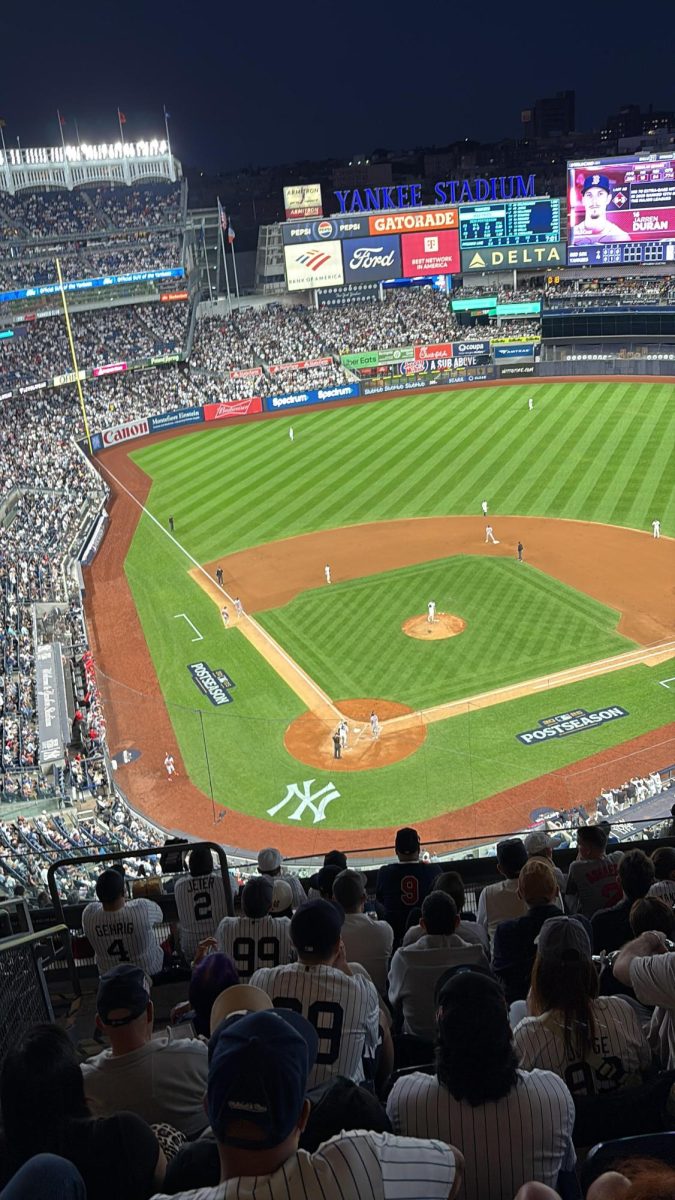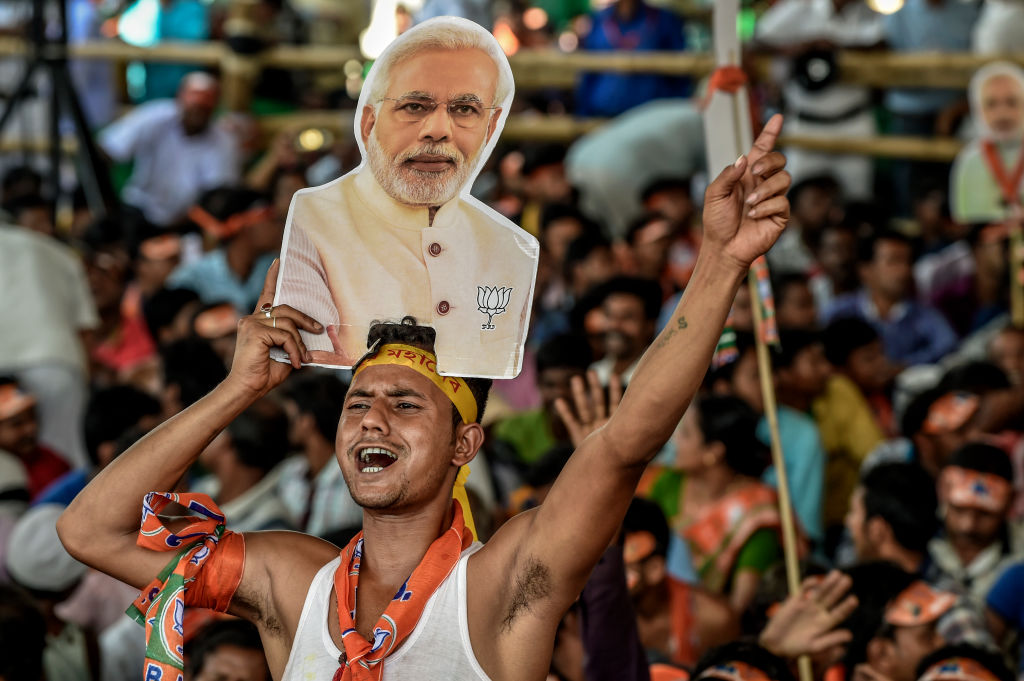Religion-based conflicts in India–from the controversial construction of the Ram Mandir to the history of riots and discriminatory attacks–have been prevalent since the 1947 partition. Yet, in recent years, India has seen a rise in religious conflict primarily due to increased Hindu nationalist sentiment reflected in the quasi-authoritarian Bharatiya Janata Party.
Hindu nationalism, or the belief that Hinduism is superior to other faiths, has become more and more ingrained in Indian society. Stemming from the religious tensions that have been present since the creation of the All-India Muslim League and the Indian National Congress, Hindu nationalism has been closely intertwined with Islamophobia. India has a history of religious conflicts between its various religious groups like Hindus, Muslims, and Sikhs (Association for Asian Studies). The Hindu nationalist aspect of these tensions has now led to worries of diminishing democracy.

In recent years, Hindu nationalists have aligned themselves with current Prime Minister Narendra Modi’s Bharatiya Janata Party (BJP). According to Deutsche Welle, “religious right-wing groups [have been seeking] to declare India a Hindu nation and enshrine Hindu supremacy in law. The demands, coupled with the BJP’s pursuit of a Hindu nationalist agenda, have alienated religious minorities, particularly Muslims.”
A rise in such discrimination against religious minorities has been observed by research organization India Hate Lab which, according to Reuters, reported that 668 anti-Muslim hate speech incidents occurred in 2023 with a 62% increase in the second half of the year. “About 75%, or 498, of those incidents took place in states governed by the Hindu nationalist Bharatiya Janata Party (BJP) of Prime Minister Narendra Modi, according to the report.”
As a Hindu living in India, Arun Vagadaragi noted that Hindu nationalism “disturbs the harmony between Hindus and Muslims” and believes that the BJP is to blame. BJP has been often criticized for its ties to known Hindu nationalist groups like the Rashtriya Swayamsevak Sangh, casting doubt on the democratic principles of Prime Minister Narendra Modi (NPR).
The BJP, and subsequently Modi, have been widely condemned by Western media for increasingly authoritarian and discriminatory moves with Professor Nitasha Kaul of the Australian Institute of International Affairs citing the fact that “Muslims have faced lynchings on the sole suspicion of possessing beef. Christians have been attacked on charges of allegedly seeking to carry out faith conversions.” Many of these authoritarian moves also have Hindu nationalism baked into them with actions such as these being conducted by Hindu supremacists. Vagadaragi, however, believes that these supremacists are not backed by Modi but that it is rather the BJP that supports this rising Hindu nationalism.
This rise in nationalism in India is reflected in viral digital campaigns to promote the belief and spread Islamophobia (the Washington Post). Modi has also been widely known to utilize social media as a tool to gain votes and support. As the Indian prime ministerial elections get underway this year, the rising support for Hindu nationalism in India poses a potential threat to the largest democracy in the world.




















